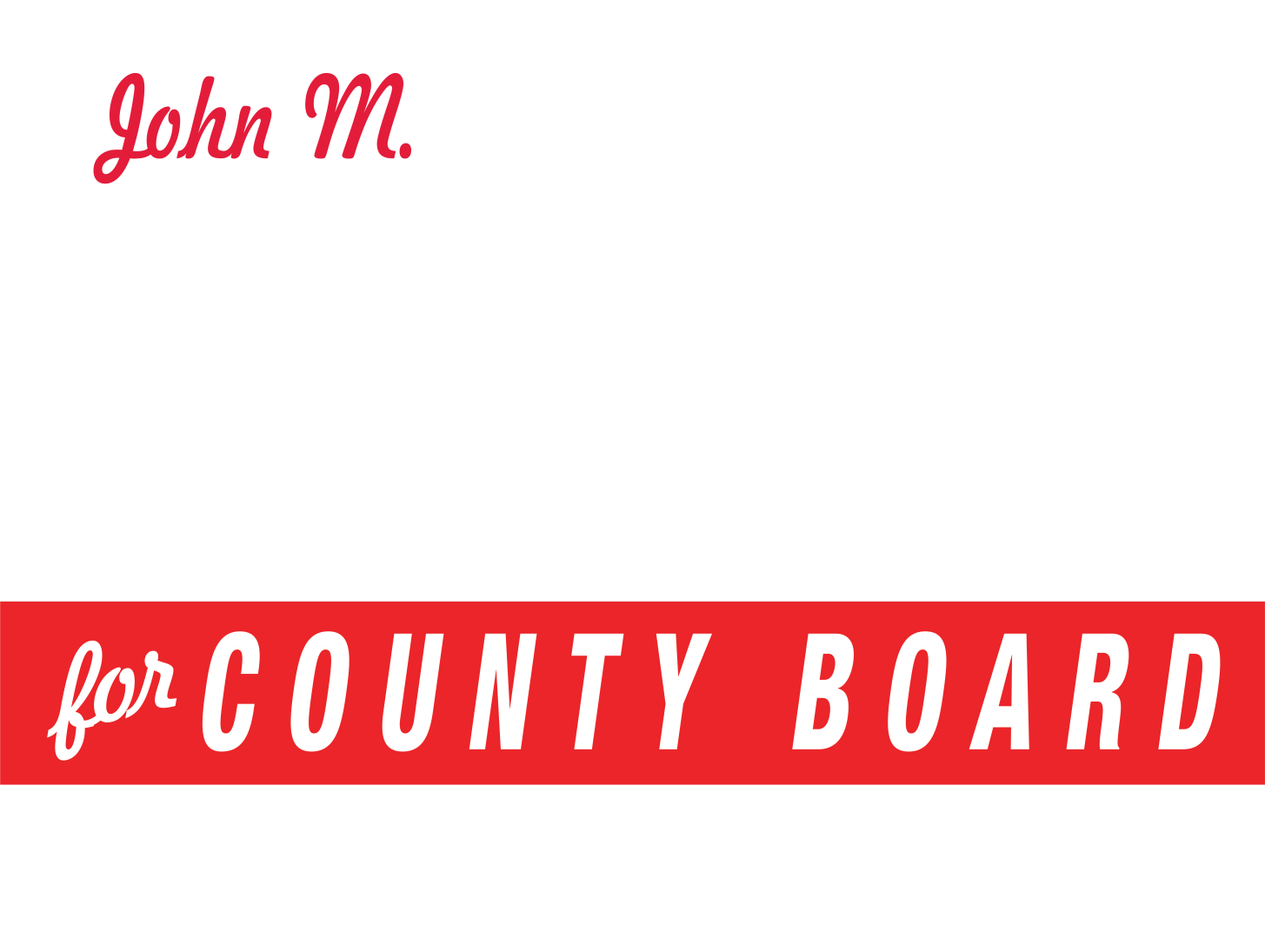We hear it all the time. “Republicans lose because they’re not conservative enough!” But we also hear something like this, “The Republican Party absorbed the Deep South Democrats and became racist,” or something like that. Sound familiar?
I think many people feel that conservatism is like pornography to Supreme Court Justice Potter Stewart – “We know it when we see it.” Any disagreement is an example of liberalism or a RINO.
There’s More Than One Definition?
Seriously though, it’s tough because there’s disagreement about what conservatism means. There are tons of online surveys you can take to find out how conservative or liberal you are. There are several surveys that even tell you what kind of conservative you are.
This reminds me of my post from last week. Any criticism is laughed off, and even condemned. Disagreement makes you a traitor. The hard truth is there’s a difference between American conservative and a conservative Republican.
Jefferson and the Conservative Democrats
American conservatism, or Jeffersonian conservatism, started with the efforts of leaders from Virginia and the Carolinas like Thomas Jefferson and Patrick Henry, after the Revolution. These leaders wanted the former colonies to be independent countries or “states.” The result was our first government was too weak to survive. Thankfully, we ended up with our Constitution.
Through our failed first government, into the drafting of our Constitution and creation of the United States of America, Jeffersonian conservatives argued that states aren’t really controlled by the federal government. It’s the federal government that’s governed by people through the states.
Jeffersonian conservatism holds that people and states have rights that the federal government can’t mess with, and that those rights are whatever the majority of voters in those states decide, because their interpretation of the Constitution mattered more than what the Constitution said or what the other Framers thought about it. It also emphatically misused religion to justify what they believed, including individual rights, states rights, slavery, racial segregation, etc. Almost all Jeffersonian conservatives were Democrats.
What Do Republicans Want to Conserve?
On the other hand, Conservative Republicans want to preserve what the Republican Party was created to achieve. Republicans fought to end slavery. They fought for minority property rights and the right to vote for men of any race. Republicans passed the constitutional amendment for women to vote. And they fought for worker’s rights, and broke up monopolies.
Republicans fought for the strong federal government envisioned by Presidents Washington and Adams, and Secretary Alexander Hamilton, not an imperial government but a strong Union. This vision was upheld by Presidents Lincoln and Theodore Roosevelt.
Republicans fought collectivism and communist infiltration into government and private institutions, like labor unions. Republicans stood for a prohibitive military and for less government control and lower taxes.
Sometimes Jeffersonian conservatism and conservative Republicans intersect. There are numerous hybrids and offshoots that have developed over the years. And there have been more issues that have arisen in the past 50 years that have fallen into the conservative and Republican idea basket.
Is that All?
The question I ask myself when people tell me Republicans lose because they’re too conservative or not conservative enough (believe me both happen), is, “Are we talking about Jeffersonian or Republican conservatism?” Is it because the candidate’s interpretation of the law or constitution is more about them and their beliefs, or is it in line with the Framers, Lincoln and T. Roosevelt?
Are they more like the slave holder Presidents Thomas Jefferson, Andrew Jackson or constitution nullifier Senator John Calhoun? Or are they more like Lincoln? Can they be both? Should they?
Next week I’ll discuss the rise of a hybrid blend of Jeffersonian conservatism and conservative Republicanism. It’s called Western conservatism.






